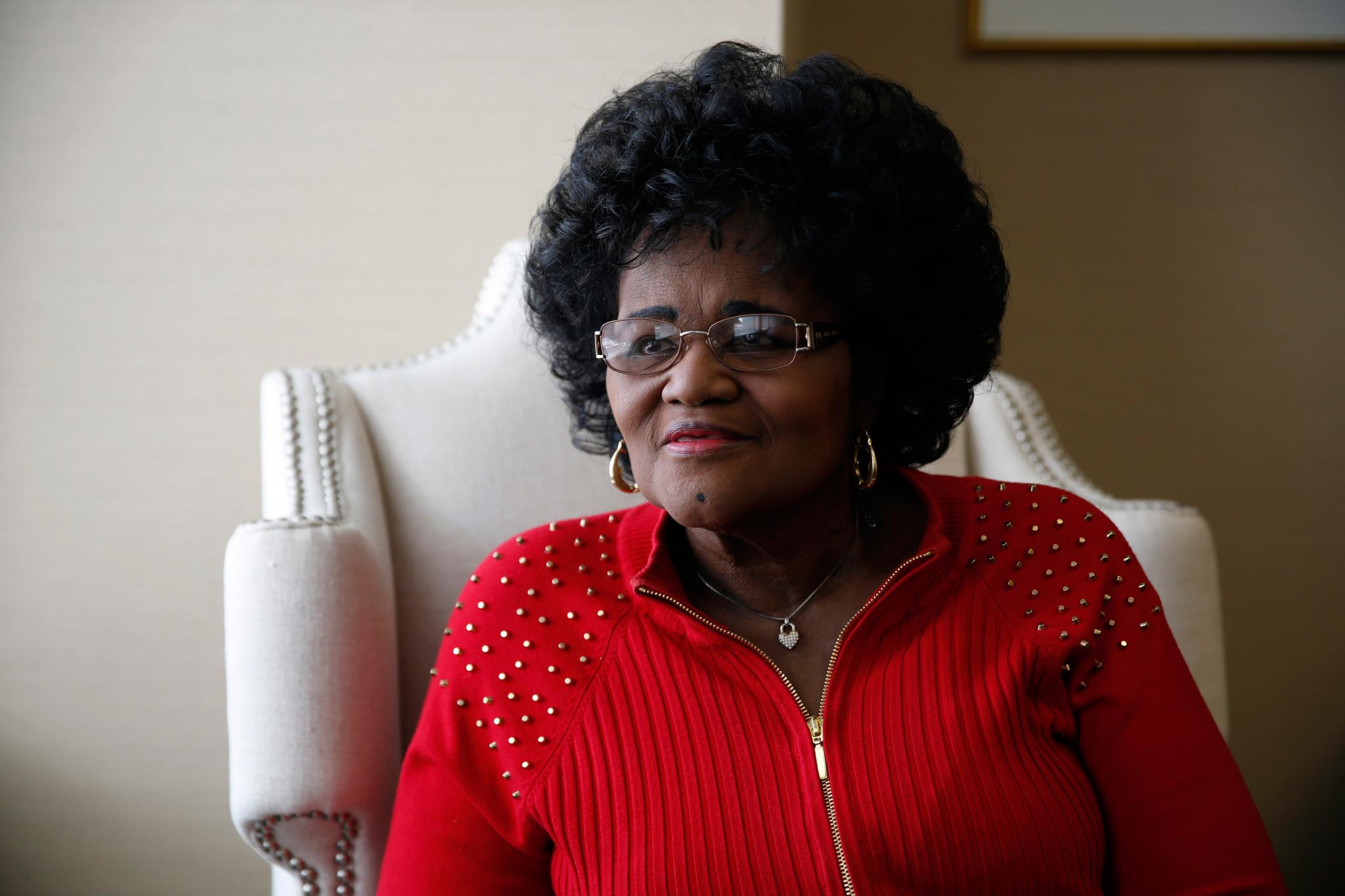
Years after a group of Black mothers were told that their babies had died shortly after childbirth, the women are questioning the claims.
The inquiries surrounding the infants’ deaths arose after 76-year-old Zella Jackson Price was recently sought out by her now 50-year-old daughter, who’d been placed in foster care and was eventually adopted by a Black family in 1981. Shortly after giving birth in 1965 at the now-defunct Homer G. Phillips Hospital in St. Louis, Price says she was told by nurses that her baby had died. Price was never presented with a body nor a death certificate.
Since the two have reunited, 17 women who gave birth at Homer G. Phillips from the 1950s to the mid-1960s have come forward with similar stories. All of the women were relatively young, low-income mothers who had given birth to premature infants. After giving birth, they say that a nurse had approached them and told them that their newborns had died. They are now wondering whether their babies were stolen by hospital administrators and placed up for adoptions at agencies catering to Black middle-class families for “marketing in private adoption transactions,” says a lawyer for the women.
“When you’re young and someone comes to tell you that your baby’s dead, in those days, you accepted it,” said 82-year-old Gussie Parker, who was told that her premature daughter died in 1953, to The Guardian.
Former hospital administrators said that they were horrified by the newfound developments and skeptical of the claims.
“None of my staff members would have ever done anything like that,” former Homer G. Phillips head nurse Helen Wallace told Reuters. Another former administrator said that only doctors were authorized to tell a mother when her baby had died.
The women are demanding that city and state officials investigate the case. Their lawyer, Albert Watkins, said that the women are not seeking compensation; they are merely interested in obtaining birth and death certificates.
“These are moms,” Watkins told The Guardian. “They are mothers at the end of their lives seeking answers to a lifelong hole in their heart.”